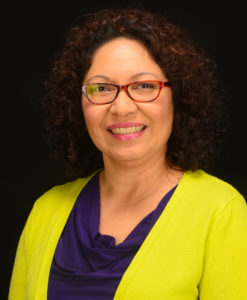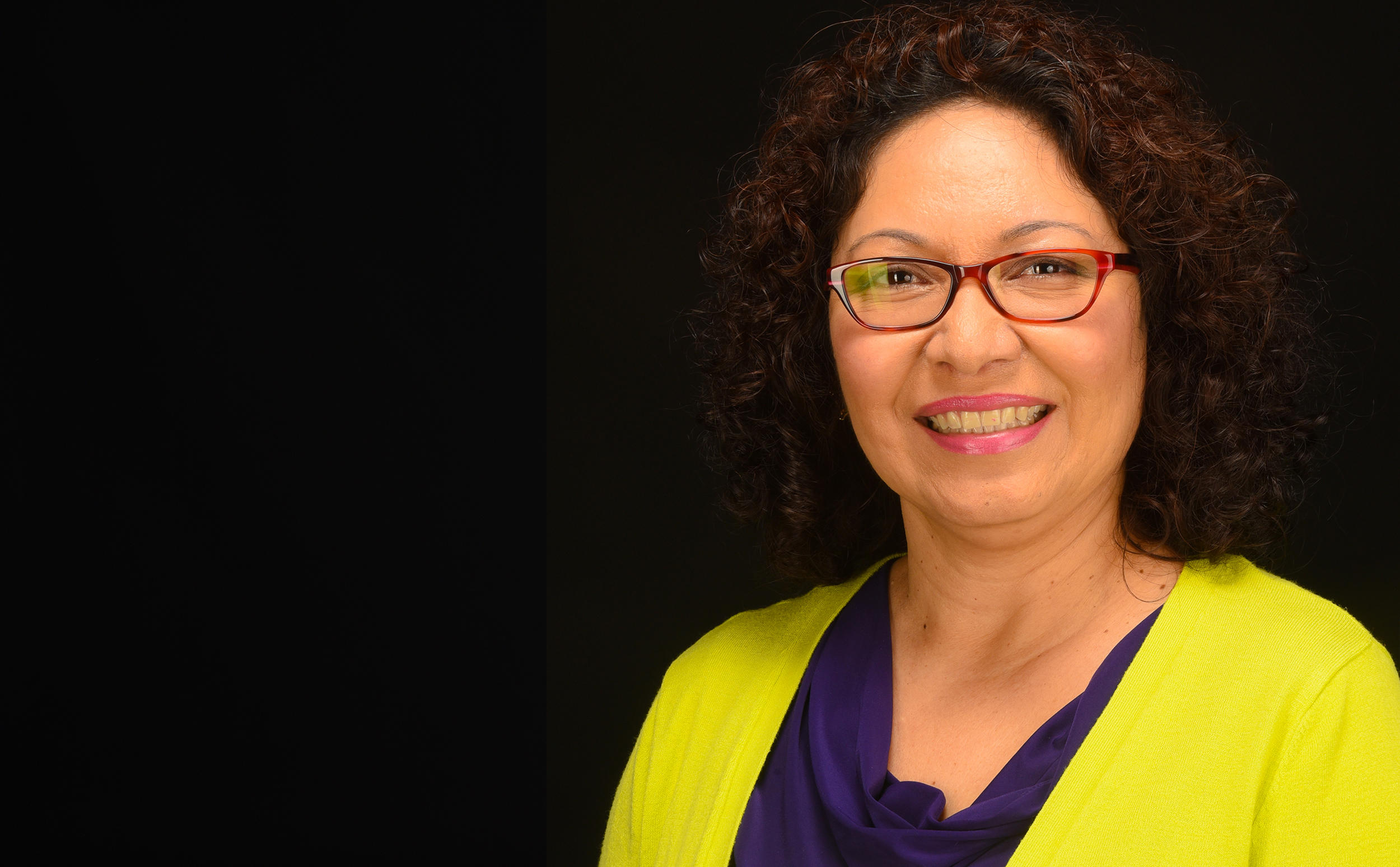January 19, 2021

Norma A. Valenzuela
Las Vegas, N.M. – New Mexico Highlands University Spanish professor Norma A. Valenzuela published an essay that explores how three influential Chicana and Mexicana playwrights of the late 20th century built their work on earlier women’s work with a focus on societal and cultural change.
Valenzuela’s essay is published in Teaching Late-Twentieth Century Mexicana and Chicana Writers, a 2020 book from the Modern Language Association.
“My essay on the “Evolution of Transnational Imaginary Roles in the Drama of Josefina Niggli, Josefina López and Yareli Arizmendi” contributes to understanding Chicano culture and particularly women’s roles in the 20th century,” Valenzuela said. “My research focuses upon women’s voices and in this particular essay, I analyze the manner in which the playwrights redirect their gaze upon finding a place within the United States.”
Valenzuela said Chicano and Mexican cultures are constantly evolving and transforming.
“The three playwrights are examples of the importance of Chicana and Mexicana women writers and their evolution in the U.S. literary field during a time of cultural change,” Valenzuela said.
Valenzuela said Niggli wrote in English for an American audience and she self-identified as Mexicana.
“Niggli’s main concern was to educate Americans about the richness of Mexican culture. In the essay, I analyze her play ‘Soldadera: A Play of the Mexican Revolution’ and propose that her narrative disrupts traditional roles assigned to working class Mexican women,” Valenzuela said.
Valenzuela said López’ play, “Simply María or the American Dream,” reimagines the American Dream by predicting future events and internal conflicts in a nightmare that the young protagonist, Maria, has.
“I explore the tensions immigrants experience between their role within the traditional Mexican family and their pursuit of the American Dream,” Valenzuela said.
Valenzuela said Arizmendi’s play, “Nostalgia Maldita: 1-900-Mexico: A Stairmaster Piece” is saturated with references to consumerism in the United States in the 1990s.
“I examine the manner in which Arizmendi proposes that mainstream media perpetuates the myth that immigrants reach the American Dream by saturating themselves with artificial sweeteners, calling 1-900 phone numbers, drinking Diet Coke, and so on. The play uses nostalgia to provide a critique of the assimilation process and points out American stereotypes constructed by Hollywood,” Valenzuela said.
Valenzuela said her own sense of living is informed by her experiences in northern Mexico, where she was born and lived until she was eight. At that time, her parents immigrated to Albuquerque in search of educational opportunities for their daughters.
Valenzuela joined the Highlands University faculty in 2017. She earned her doctorate in Spanish, with an emphasis in Chicano/Latino and Latin American cultural studies, from Arizona State University. Valenzuela completed postdoctoral studies at the University of New Mexico.
“What I try to instill in my students at Highlands is to be proud of the Spanish language and culture. With my northern New Mexico heritage Spanish speakers, I stress that their language is as valid and important as the Spanish spoken in Spain, Latin America and Mexico,” Valenzuela said.
Valenzuela’s research is published in the book, Querencia: Reflections on the New Mexico Homeland, and in scholarly journals such as the Journal of Chicana/Latina Studies.

